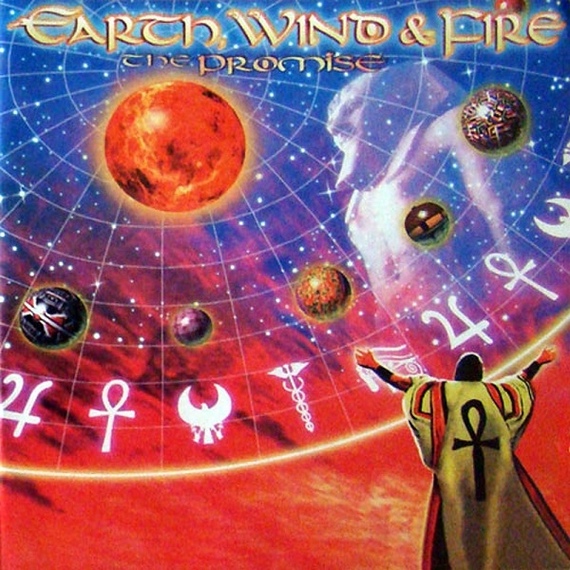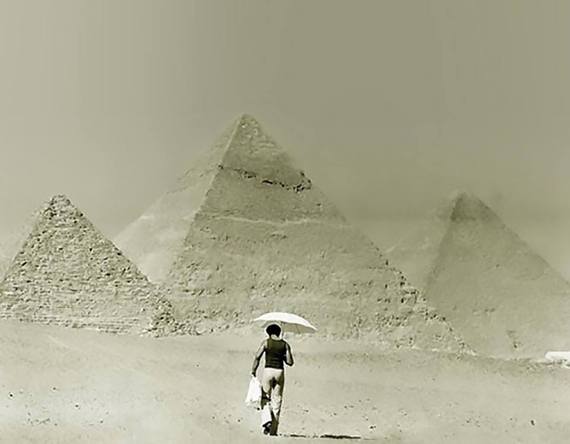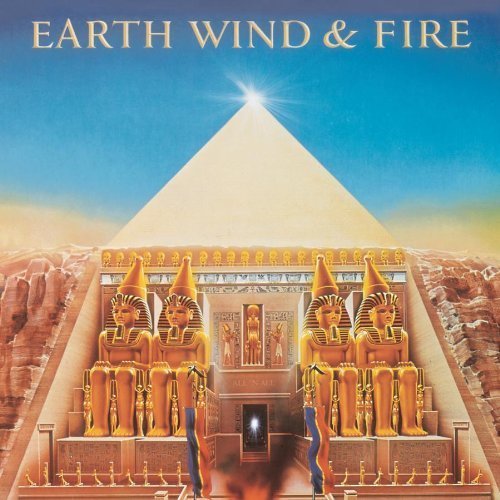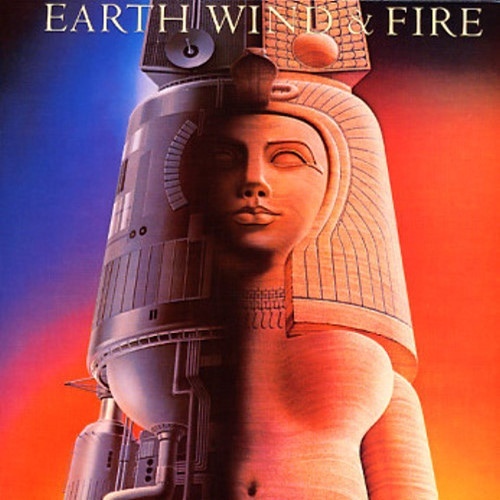With Maurice White's recent passing I find myself reflecting not only on what White meant as an artist, but also what he meant for black people; a people that are in many ways still struggling with the question of our identity and precisely who we are as a people. Earth, Wind and Fire is a few decades before my time, but I know of them from my mother who is a huge fan. Their music is amazing in its own right, but the thing that really attracted me to the group was that they were African and unashamed of it. They wore Afros and dressed in ways to express their African ancestry. White had stated, "We wanted to maintain our African roots in dress." Aside from African dress, White also utilized the kalimba, which is an African instrument. White explained, "The kalimba represented my link to Africa. It was my way of taking part of that culture and spreading it all over the world."
Nowhere was this focus on African roots more apparent than in the band's association with Egypt. The influence of Egypt can be seen on the album covers of Earth, Wind and Fire. They frequently used images of Egyptian pyramids, ankhs, pharaohs, and the eye of Horus.

In paying tribute to Maurice White most people will think of White the musician, but I also want to bring attention to White the historian who was attempting to show African Americans that we are a people with a rich history. In an interview with Vibe, White explained:
Egyptology was something that I, personally was studying. I wanted to prove to black people that they had something to be proud of. I went to Egypt three times, took the band once.
In an earlier interview with Jet magazine, White spoke of how studying African history led him to studying Egypt:
That led me back to Africa and the most interesting part was Egypt. In America we're only aware of the first two hundred years, but our roots go back to Africa.
That is the unique legacy that Maurice White left behind that most appeals to me. He left a message that we are African people and that we should never be ashamed of that. There was a certain unapologetic manner in which White approached his African identity that few contemporary artists had. It wasn't enough for White to entertain audiences with his music, but he also saw his music as a sort of spiritual and educational experience. In doing so he brought African Americans closer to our African roots. He reminded us that we are "Children of Afrika."
--



